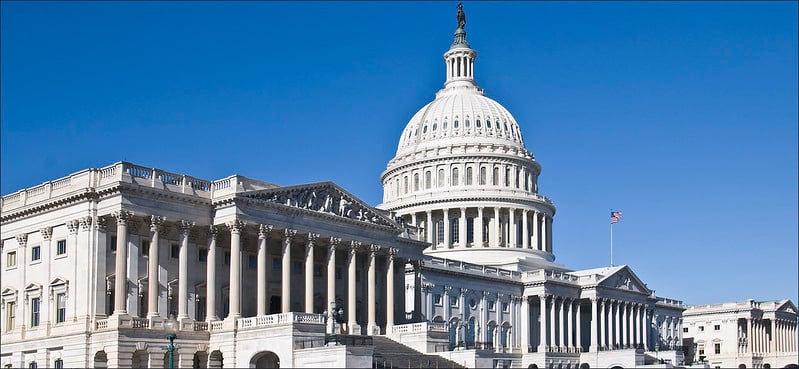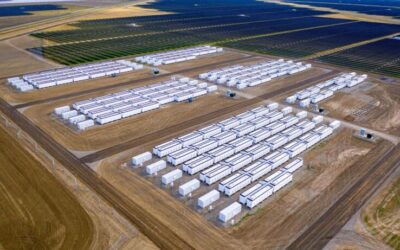
The US House of Representatives has passed Joe Biden’s Build Back Better act, which now moves to the Senate, where negotiations will continue over the legislation that includes clean energy and climate investments totalling US$555 billion.
Friday’s vote largely fell along party lines, 220 to 213, with only one Democrat voting against. The US$1.75 billion spending bill will face significant hurdles in the Senate, where it will require unanimous support from all 50 Democrats.
Among the renewables support included in the act – details of which were revealed last month – are a ten-year extension of the solar investment tax credit (ITC) as well as tax credits to support the domestic manufacture of PV equipment.
Biden said the passing of the bill represents “another giant step forward in carrying out my economic plan to create jobs, reduce costs, make our country more competitive, and give working people and the middle class a fighting chance”.
Try Premium for just $1
- Full premium access for the first month at only $1
- Converts to an annual rate after 30 days unless cancelled
- Cancel anytime during the trial period
Premium Benefits
- Expert industry analysis and interviews
- Digital access to PV Tech Power journal
- Exclusive event discounts
Or get the full Premium subscription right away
Or continue reading this article for free
The positive result for the president came after he signed the US$1 trillion infrastructure deal into law earlier in the week. Including investments that will modernise power infrastructure to support new renewables, that bill was passed by the House earlier this month.
At US$320 billion, the majority of clean energy and climate support in the Build Back Better bill is for expanded tax credits for utility-scale and residential clean energy, transmission and energy storage, and clean energy manufacturing. Some US$110 billion would also be allocated for targeted incentives to spur new domestic supply chains and technologies, such as solar and batteries.
Energy storage industry responses to the Infrastructure Investment and Jobs Act (IIJA) published by Energy-Storage.news earlier this month also included discussion of Build Back Better and the storage ITC in particular.
To read the full version of this story, visit PV Tech.





